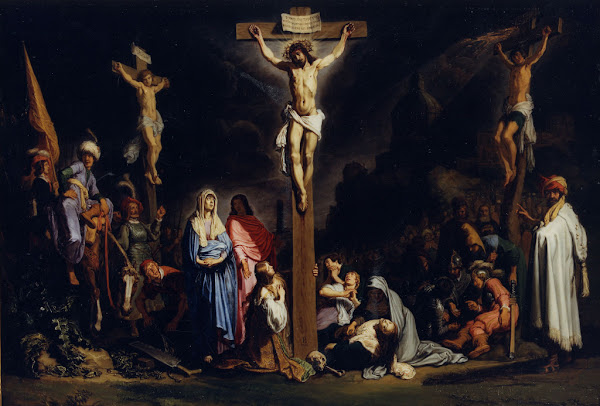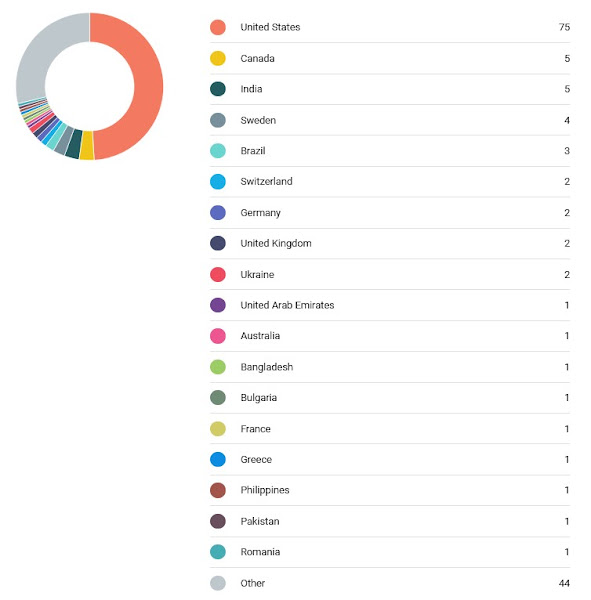Is Hamlet's Jephthah remark in part about Cecil & the Bond of Association?

Shakespeare's Hamlet has numerous words, phrases, and allusions that seem to have been more familiar to its original audiences in Shakespeare's lifetime than they are to ours. This includes not only references to hunting and falconry ("a hawk from a handsaw") and classical literature and mythology (Priam, Didi, Pyrrhus), but also numerous Biblical allusions. One of the more explicit Biblical allusions in Hamlet is when prince Hamlet implies that Polonius is like Jephthah, whose tale is told in the 11th and 12th chapters of the book of Judges. Jephthah is the son of a prostitute and is treated like an outsider, but he has a reputation of being an excellent warrior. When the Israelites need him to fight the Ammonites, Jephthah promises God that, if God helps him achieve victory, he will sacrifice to God the first thing to cross his threshold. When he returns victorious from battle, it is his daughter who first crosses his threshold. Preaching during the English ...





